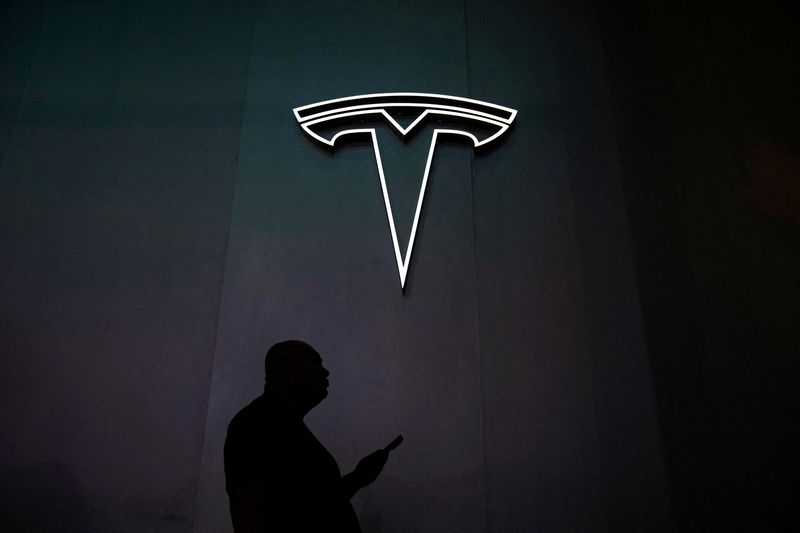Hedge funds cut NFLX, keep big bets on MSFT, AMZN, add NVDA
Investing.com -- Fitch Ratings has confirmed the ratings for the class A and B notes of Tesla (NASDAQ:TSLA) Auto Lease Trust (TALT) 2024-A, with a Stable Outlook for the class A notes and a Positive Outlook for the class B notes, as announced on Tuesday, March 4, 2025.
The confirmation is based on available credit enhancement (CE), cumulative net losses, and residual value (RV) performance to date. Both cumulative net losses and residual value performance are within Fitch’s initial rating case proxies and hard credit enhancement for all outstanding notes has grown since the close.
The Stable Outlook for the ’AAAsf’-rated notes is due to the expectation that loss coverage will continue to support their current ratings as the transactions amortize. The Positive Outlook for the class B notes reflects the possibility of an upgrade in the next one to two years due to increasing hard CE for all classes of notes and conservative assumptions mitigating potential volatility.
As of the February 2024 distribution date, 61+ days delinquencies of TALT 2024-A was 0.34%, while cumulative net credit losses were 0.19%, below the initial rating case credit loss proxy of 1.00%. Residual performance has recorded cumulative losses of 7.04% on $14.09 million in returns, also below Fitch’s initial ’BBsf’ rating case RV loss proxy of 15.00%. These higher losses are a result of softening demand for electric vehicles, prior price reductions by Tesla on new vehicles, and the impact from increased turn-in rates, resulting in lower RV realizations. CE has increased to 29.92% and 20.66% from 23.50% and 16.50% for the class A and B notes, respectively, since close.
Based on transaction-specific performance to date, Fitch revised the lifetime rating case CNL proxy from 1.00% to 0.80% for 2024-A. Residual losses for the transaction have increased, reaching 7.04%, though remain within Fitch’s expectations. Therefore, Fitch maintained the ’BBsf’ rating case RV loss proxy of 15.00% for 2024-A. Fitch applied a ’AAAsf’ and ’AA+sf’ RV haircut of 21.00% and 18.40%, respectively, which are consistent with values at close.
Under Fitch’s stressed cash flow assumptions, loss coverage levels for the notes are in excess of their rating-specific stressed RV loss hurdles, commensurate with the ’AAAsf’ and ’AA+sf’ rating categories for the respective notes.
Factors that could lead to a downgrade include unanticipated increases in the frequency of defaults or deterioration in vehicle values, which could produce loss levels higher than the current expectations and impact available loss coverage. Lower loss coverage could impact ratings and Outlooks, depending on the extent of the decline in coverage.
On the other hand, factors that could lead to an upgrade include stable to improved asset performance driven by stable delinquencies and defaults, which would lead to increasing CE levels and consideration for potential upgrades. For notes that are rated ’AAAsf’, up stresses were not considered. However, if RV losses are 20% less than the projected ’BB’ rating case RV loss proxy, the ratings for the subordinate notes could be upgraded by up to one rating category.
The transaction, with a pool of 100% electric vehicles, has an ESG Relevance Score (RS) for Energy Management of ’3’ (low impact on credit), which is higher than the baseline RS of ’2’ (no impact) for this general issue in the North American auto sector. This transaction also has an ESG RS for Labor Relations and Practices of ’3’ (low impact on credit), which is higher than the baseline RS of ’2’ (no impact) for the general North American auto sector.
This article was generated with the support of AI and reviewed by an editor. For more information see our T&C.
